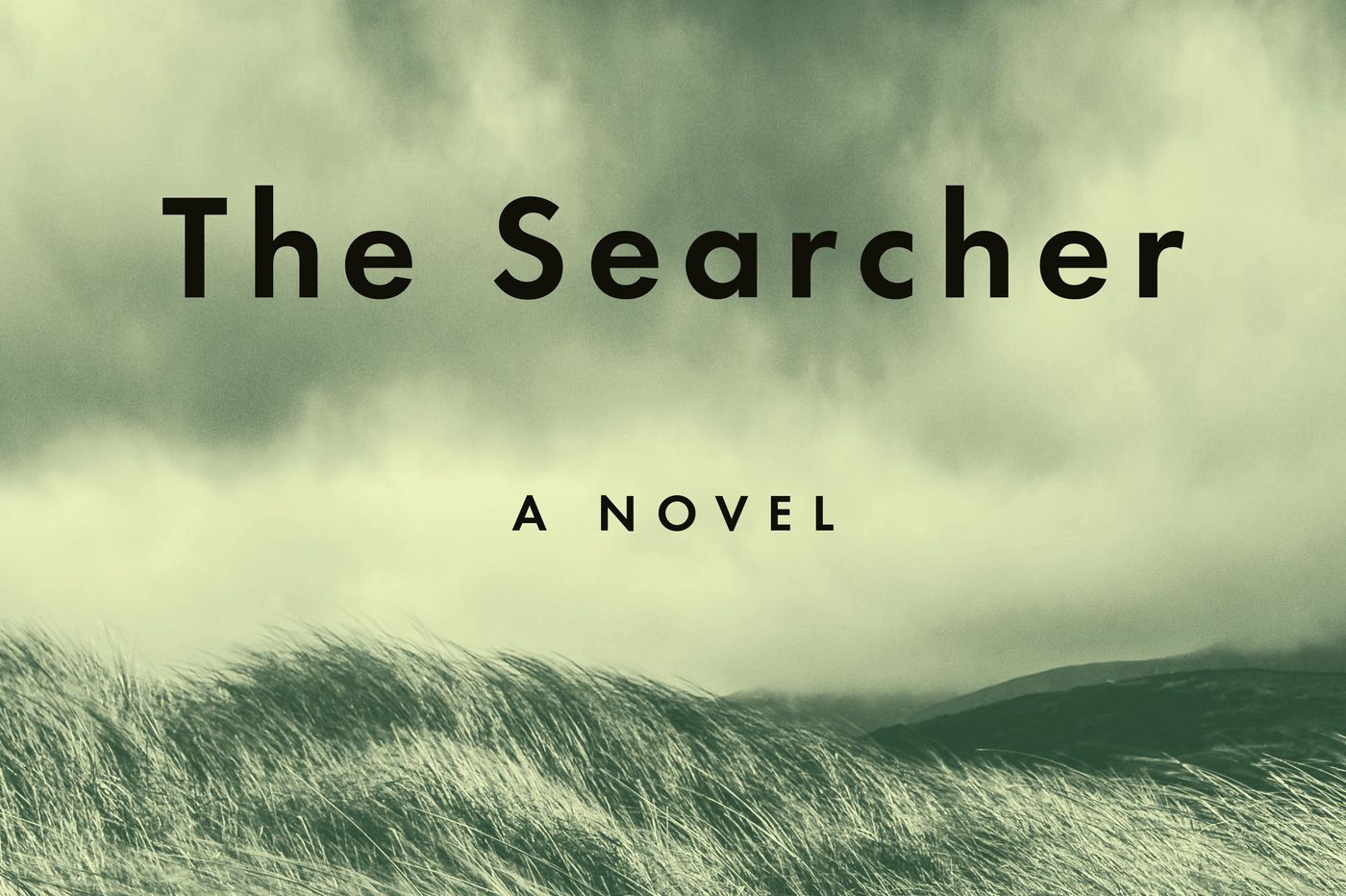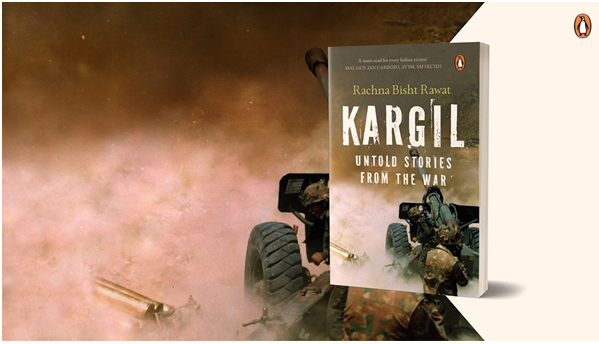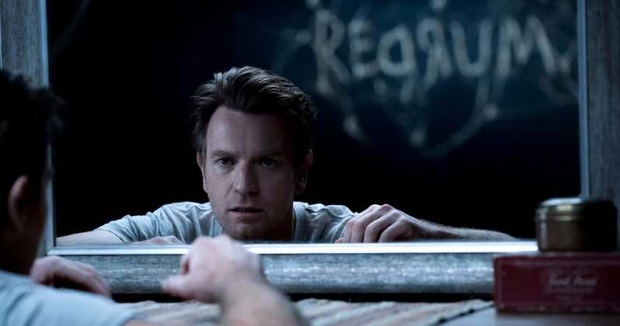Frontlist | Best thriller and mystery books of 2020 you don't like to miss
Frontlist | Best thriller and mystery books of 2020 you don't like to misson Nov 20, 2020

“Dead Land”
By Sara Paretsky
Private eye V.I. “Vic” Warshawski is back for the 20th time in a perfectly pitched political-rot thriller. The novel’s robustly flavorsome cast includes a semi-deranged land preservationist, a corrupt Nobel Prize winner, a Chilean Ayn Rand disciple and several wonderful dogs.
“Djinn Patrol on the Purple Line”
By Deepa Anappara
Set in a sprawling slum in an unnamed city in India, “Djinn Patrol” follows 9-year-old Jai and a group of friends as they investigate the murder of a classmate. Despite the tragic events that unfold, Jai’s voice retains a stubborn lightness, a will to believe in the possibility of deliverance in this fallen world.
“Long Bright River”
By Liz Moore
“Long Bright River” is both a suspense tale and a family saga that explores the relationship between two sisters — one a cop, the other an opioid addict — who live in Philadelphia. This sweeping story twists, turns and subverts readers’ expectations, while also growing into something else: an elegiac novel about a blighted city.
“The Missing American”
By Kwei Quartey
With “The Missing American,” Quartey has launched a series with private investigator Emma Djan. Her first big case involves the middle-aged American of the title, who travels to Ghana to track down whoever swindled him out of $4,000 in an Internet scam. The search for him is both suspenseful and wonderfully atmospheric.
“One by One”
By Ruth Ware
Ware’s latest is the most brazenly Christie-ish of all her novels, directly taking inspiration from “Ten Little Indians.” Ware sets her story at a ritzy ski chalet in the French Alps, where employees of a tech start-up disappear, one by one, from a work retreat. Ware expertly scatters red herrings, so that even the most alert reader becomes diverted into false deductions and dead ends.
“The Searcher” By Tana FrenchThe title of French’s latest stand-alone crime novel is a nod to the John Ford-vexed masterpiece, “The Searchers,” and like that book, it is essentially a Western. A lone man, an outsider — in this case a retired Chicago cop — is drawn into an obsessive quest to find a young person who has disappeared in a small Irish mountain town. This hushed suspense tale about thwarted dreams of escape may be French’s best yet.
“Squeeze Me”
By Carl Hiaasen
Scabrous and unrelentingly hilarious, “Squeeze Me” demonstrates that the Trump era is truly Hiaasen’s moment. His narrative — set among the glitzy-rich of Palm Beach — wanders around a bit, but with all the lovingly biting detail, there isn’t a page here that flags. Everybody is nipped, tucked and artificially bronzed — and a crucial you-see-it-coming-and-can’t-wait plot point involves POTUS’s malfunctioning tanning bed. Daffy and gauche, yes, but a delicious on-point sendup.
“Three Hours in Paris”
By Cara Black
“Three Hours in Paris” isn’t just any old formulaic “Get out!” tale. Black’s spy story, set during World War II in occupied Paris, stars an American female sharpshooter who is parachuted into France to assassinate Adolf Hitler. Of course, she fails. Using wits alone, she must evade the Gestapo and make it back across the English Channel. Chances of success? Slim to none. Chances that you’ll be able to put Black’s thriller down once you’ve picked it up? Also slim to none.
“Trouble is What I Do”
By Walter Mosley
Mosley has produced an absorbing noir beauty of a tale about a Black, 94-year-old Mississippi bluesman, aptly named Philip “Catfish” Worry, bent on a good deed that could get him killed. He hires Mosley’s longtime PI, Leonid McGill, to inform the daughter of a billionaire white racist that the bigot is actually Catfish’s offspring from a long-ago affair. Part of McGill’s fee will be a bottle of 147-year-old bourbon that “was so smooth that I imagined a green snake slithering across an emerald lawn” — a fitting description for the entire novel.
Maureen Corrigan, who teaches literature at Georgetown University, is the book critic for the NPR program “Fresh Air.” Richard Lipez writes the Donald Strachey PI novels under the name Richard Stevenson.
By and


.jpg)






.jpg)

.jpg)
.jpg)
.jpg)
.jpg)
.jpg)










Sorry! No comment found for this post.